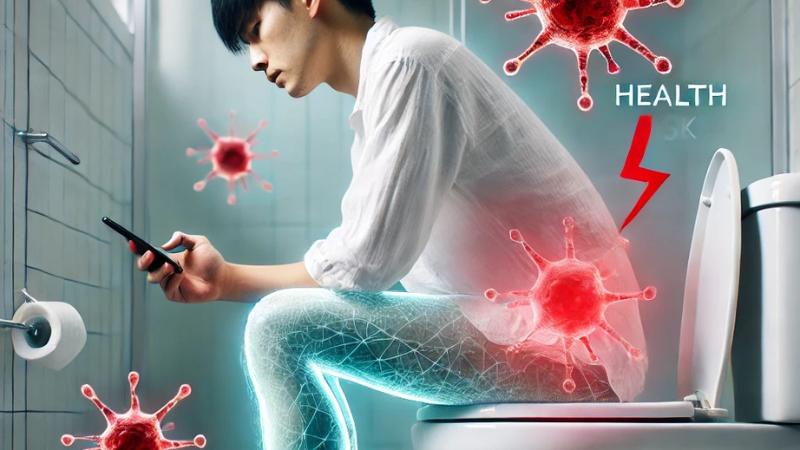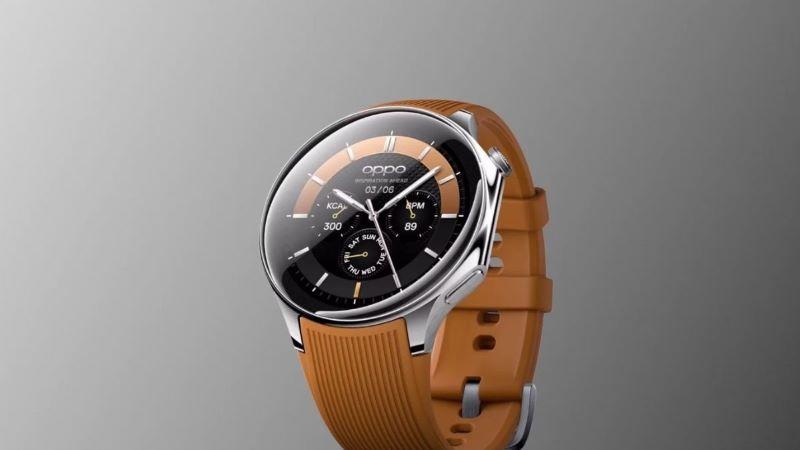
- devara
- 24 Feb 2025 04:00 AM
- #toilet scrolling #hemorrhoids #fistulas #mobile phone #preventive care
A new health concern is emerging as an unexpected consequence of modern lifestyle habits. Toilet scrolling has become one of the first activities many of us perform upon waking up and entering the washroom. What once was a brief routine has now turned into an extended period of inactivity, as individuals spend excessive time on their mobile phones while sitting on the toilet. This seemingly innocuous habit is now being linked to a significant rise in cases of hemorrhoids and anal fistulas, causing alarm among medical professionals around the world.
Medical experts have observed a worrying trend in which prolonged sitting on toilets, coupled with the distraction of mobile phone usage, contributes to chronic constipation and other anorectal issues. During the 74th Foundation Day of ESIC Hospital in Okhla, Dr. Jignesh Gandhi, a senior robotic and laparoscopic surgeon from Gleneagles, Mumbai, brought attention to this issue. He explained that the habit of extended toilet sitting disrupts normal bowel movements and puts undue pressure on the anal region, eventually leading to painful conditions such as hemorrhoids and anal fistulas. According to Dr. Ravi Ranjan, a surgery specialist at ESIC Hospital, over 500 cases of these conditions were reported in a single year. He attributes the surge not only to prolonged sitting but also to poor lifestyle choices including low water intake, a diet high in junk food, and inadequate physical activity.
Impact on Health and Contributing Factors
Experts such as Dr. Birbal from Marengo Asia Hospital have emphasized that chronic constipation, often a result of poor dietary habits and prolonged sitting, creates a vicious cycle. The lack of fiber and insufficient hydration result in hard stools, forcing individuals to strain during bowel movements. This strain leads to increased pressure on the rectal veins, eventually causing them to swell and form hemorrhoids. If left untreated, the inflammation can progress, leading to the development of anal fistulas—abnormal tunnels that form between the anal canal and the skin. The combination of these factors means that what started as a simple habit of scrolling through social media can have severe, long-term health consequences.
Furthermore, the convenience of mobile phones has inadvertently encouraged individuals to extend their time on the toilet, turning a short visit into a prolonged sedentary period. This not only exacerbates the risk of developing anorectal disorders but also contributes to other health issues associated with prolonged sitting, such as back pain and poor posture. As healthcare systems begin to see the impact of these trends, the burden on hospitals and clinics is increasing, prompting a call to action for both public awareness and preventive healthcare measures.
Preventive Measures and Innovative Treatments
Health professionals are urging the public to adopt preventive measures to combat the rise of these conditions. Simple lifestyle modifications, such as reducing the time spent on mobile devices in the washroom, increasing water intake, and incorporating a fiber-rich diet, can play a crucial role in maintaining digestive health. Regular physical activity and mindful eating habits are also recommended to prevent chronic constipation and its associated complications. Early intervention is essential; once symptoms of hemorrhoids or anal fistulas appear, prompt medical treatment is advised to prevent further complications that may eventually require surgical intervention.
In response to the growing number of cases, medical practitioners are advocating for innovative treatment solutions. One such procedure that is gaining popularity is the radiofrequency ablation of hemorrhoids under local anesthesia, known as Rafaelo. This USFDA-approved treatment offers several advantages over traditional surgical methods, including reduced waiting times, the possibility of same-day discharge, and a quicker recovery period. Rafaelo is particularly effective in treating Grade 2 and Grade 3 hemorrhoids, enabling hospitals to manage patient load more efficiently and reduce surgical backlogs. Dr. Vani Vijay has noted that radiofrequency treatment provides better control during the procedure, leading to improved outcomes and a significant reduction in post-operative complications.
The adoption of such innovative treatments is seen as a promising development in the field of anorectal disorder management. With further research and more widespread use, procedures like Rafaelo could substantially improve patient care by providing effective, minimally invasive solutions for conditions that have traditionally required more invasive surgical interventions. As the medical community continues to explore new ways to treat and prevent hemorrhoids and anal fistulas, public awareness of the risks associated with prolonged toilet sitting is expected to increase. Health experts stress that the key to preventing these painful conditions lies in addressing lifestyle habits early and adopting a more active, health-conscious approach to daily routines.
In summary, the emerging link between toilet scrolling and the surge in hemorrhoids and anal fistulas highlights a critical intersection between modern technology and health. The increase in cases serves as a stark reminder that even everyday habits can have profound long-term effects on our well-being. By understanding the risks associated with prolonged sitting and making conscious efforts to adopt healthier practices, individuals can protect themselves from the potentially debilitating consequences of these conditions. As healthcare providers work to manage the growing burden on the system, it is imperative that the public takes note of these warnings and commits to a lifestyle that supports overall digestive health and well-being.












































